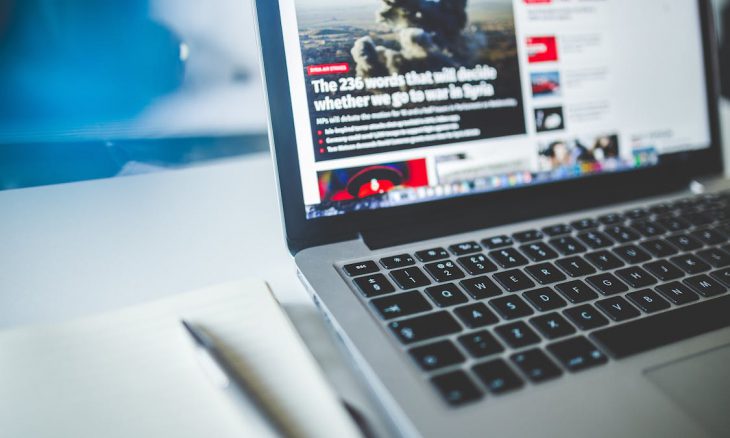Elections and the Media: Who do you trust?

The University of Oregon School of Journalism and Communication published an article that asked the question, “Can the media really alter the outcome of an election?”
At a time when trust in the media is at an all-time low (according to a Gallup poll), the media has come under fire from critics on both sides of the aisle. The university article concluded that the media has evolved in its role in the election process, calling out six ways the media influences elections.
Number one was the way journalists get involved by choosing which candidates to cover and how much. “Those choices alone can have a huge effect on voter perceptions,” the research concluded.
An 8-year-old study by Insider, cited by the university, reveals how many major media outlets attract partisan audiences through their biases and scripts of selective exposure. Regina Lawrence, executive director of the university’s journalism center, said, “We know the relationship between selective exposure and the growing political divide in political attitudes in this country. And that gap is clearly related to the rise of more partisan media sources.”
What the media choose to use as images, especially of political candidates, form lasting impressions in the minds of the voting public, and fact-checking that gives way to the “shiny” stories of the day adds to biased accounts. Lawrence suggests that the media has more or less abandoned its role as the watchdogs of democracy, while social media has become an “echo chamber” that is being censored along ideological lines.
An October 2021 Gallup poll shows Americans’ trust in media has fallen to the second lowest on record. (The lowest was between 1972 and 1976 when President Nixon resigned, Gerald Ford became president, then lost the 1976 election to Jimmy Carter.) The bottom line, according to Gallup, reads, “Just as Americans’ trust in the three branches of government is faltering, so too is their confidence in the fourth estate—the media.”
An article published by News Literacy Matters states, “A healthy democracy demands a healthy press. The decline in the mainstream media is a dangerous trend. While a divided public cannot agree on a common set of facts, the consequences can be grave, even lethal.” Can the trust gap be bridged? That group says steps can be taken to fix it. First, they say, the public must be educated on the value of a free press and the service role of journalism. They say that local journalism needs rebuilding and that includes greater diversity in newsroom staff to better reflect the public at large.
In the early days of television, from 1949 to 1987, the Federal Communications Commission required American television and radio broadcasters to present both sides—or all sides—of any political or social issue. The policy was nicknamed the Fairness Doctrine. The rule was eliminated during President Reagan’s administration. Supporters of the rule’s elimination argued it helped the First Amendment and free speech by eliminating forced speech or advocacy, including covering sides with which a station’s ownership or management may disagree.
In September 2019, a resolution was introduced in the House of Representatives called “Restore the Fairness Doctrine Act of 2019.” The bill failed to garner co-sponsors so it did not even receive a committee referral.
A poll at the end of August by Quinnipiac University reported that 67 percent of American adults said they thought the country’s democracy was “in danger of collapse.” Politicians and the press are quick to put the blame on “the other guys,” but the restoration of the public’s confidence is the responsibility of all of them.
Ephesians 4:25 says, “Therefore, having put away falsehood, let each one of you speak the truth with his neighbor, for we are members of one another.”
How then should we pray?
- For media and tech owners to value presenting facts so that the public is well informed.
- That the decision-makers in the media would enact greater transparency in the presentation of stories and information.
- For journalists to recognize the importance of honest reporting.
- For the Lord to provide personal discernment as media reports are heard or viewed from various sources.
- That U.S. voters would question and investigate what they see or hear to become more accurately informed.





